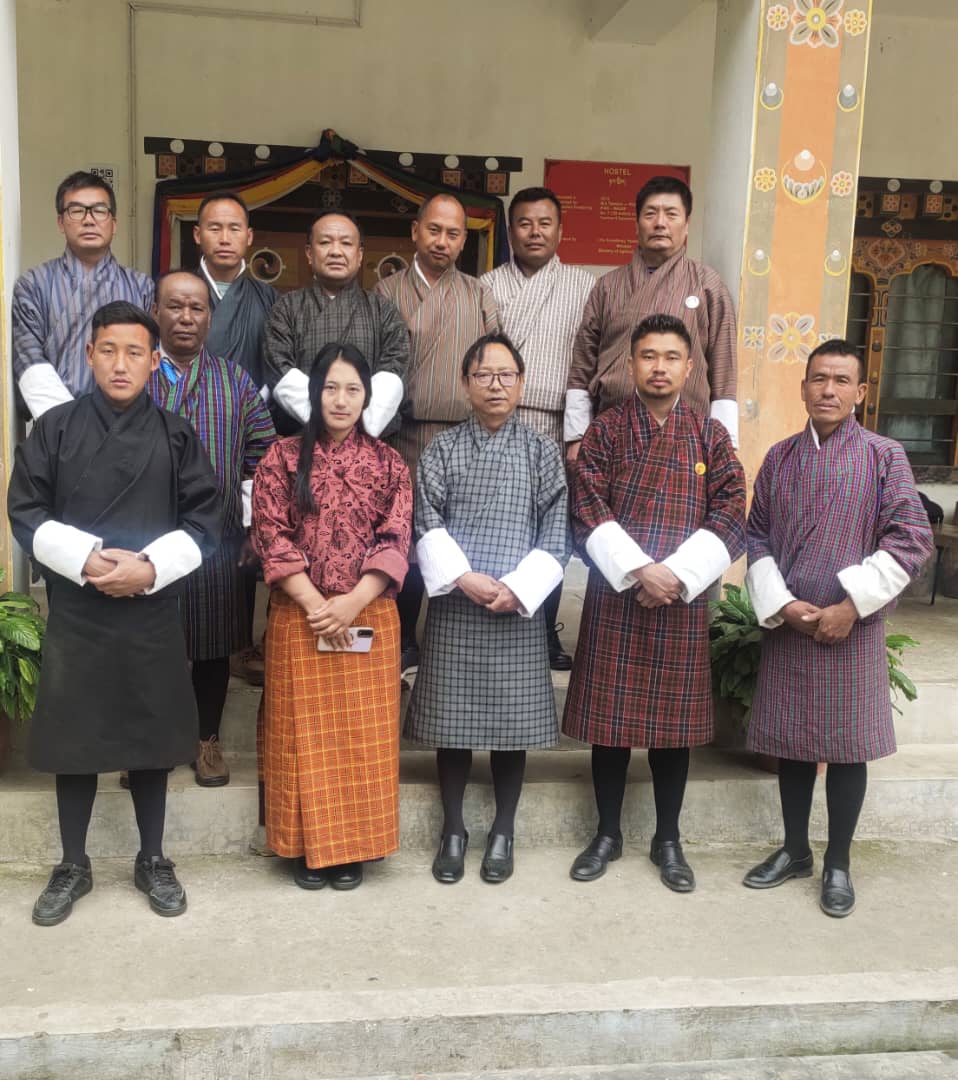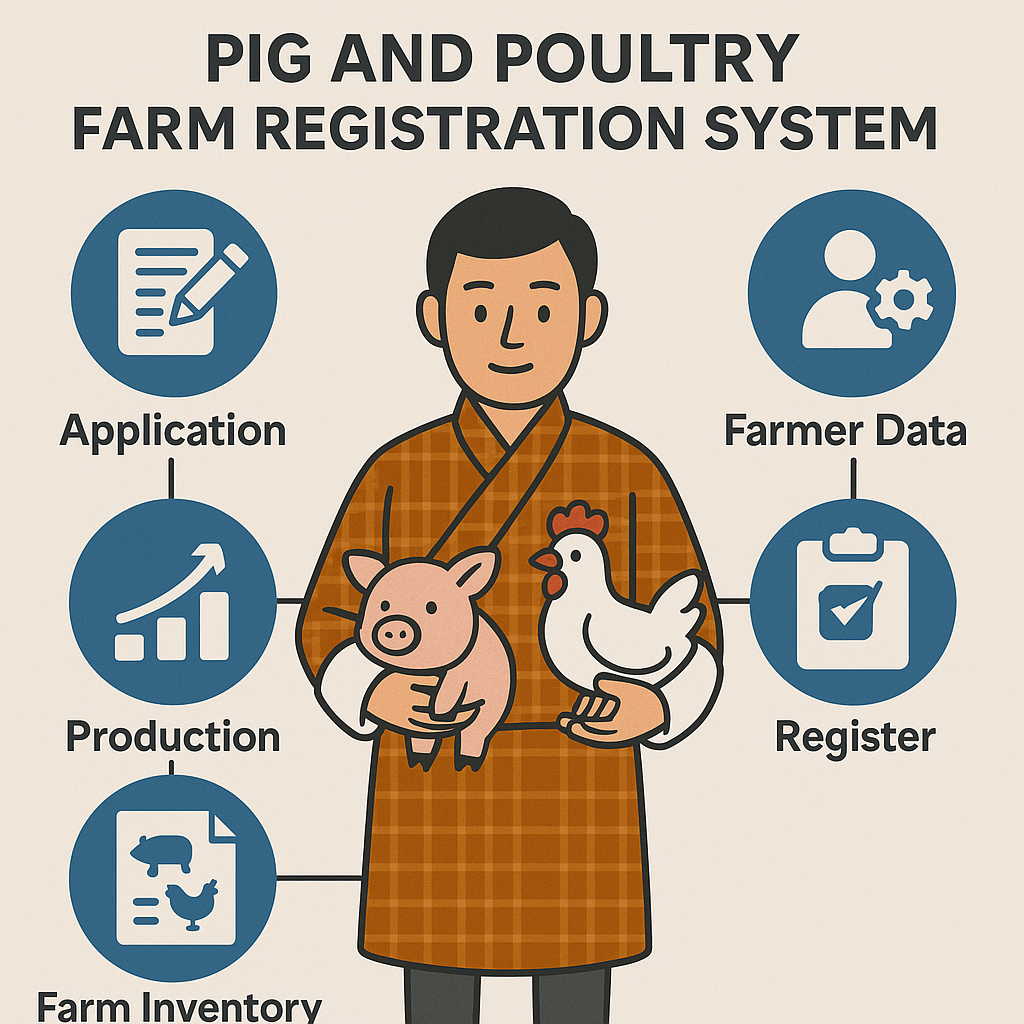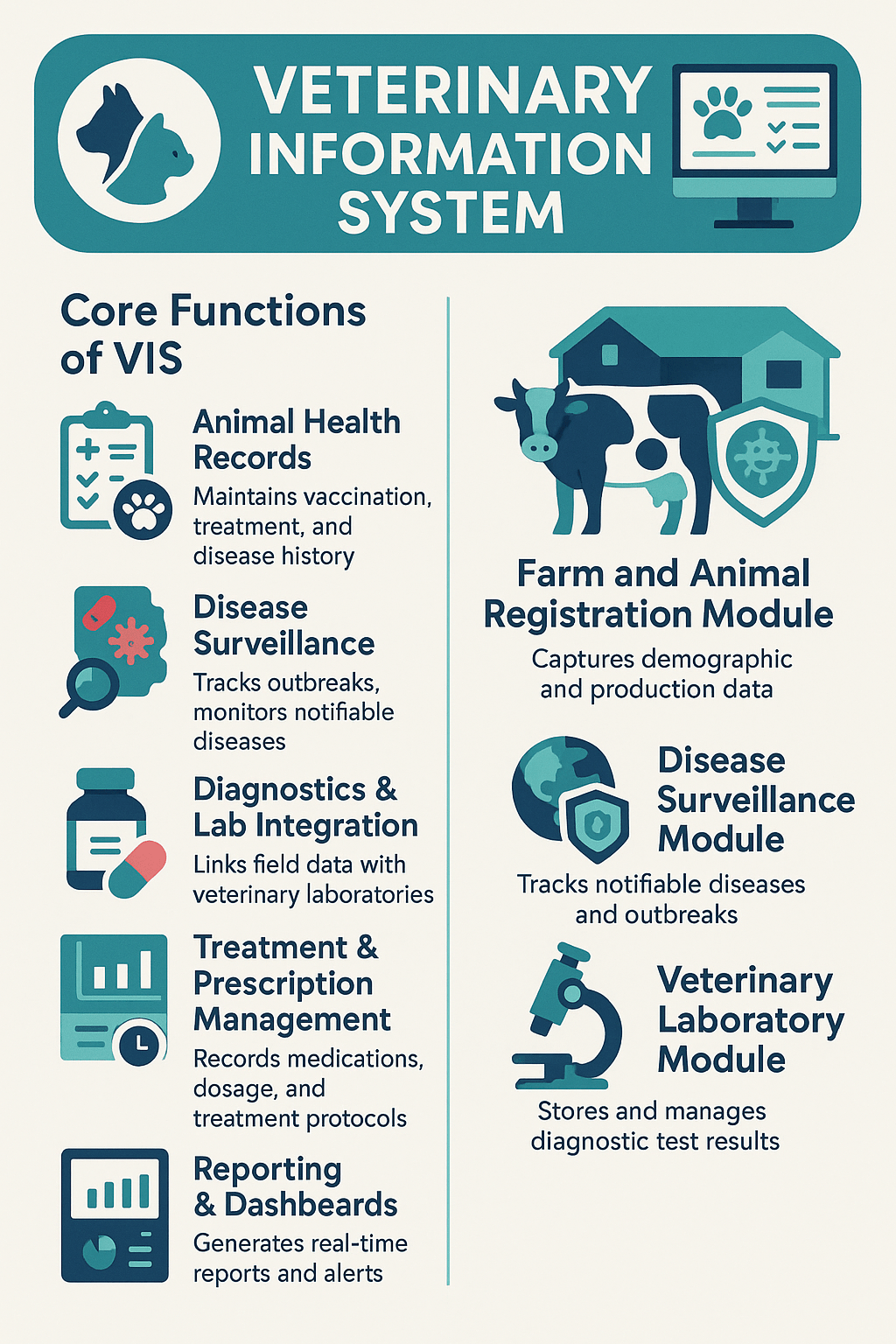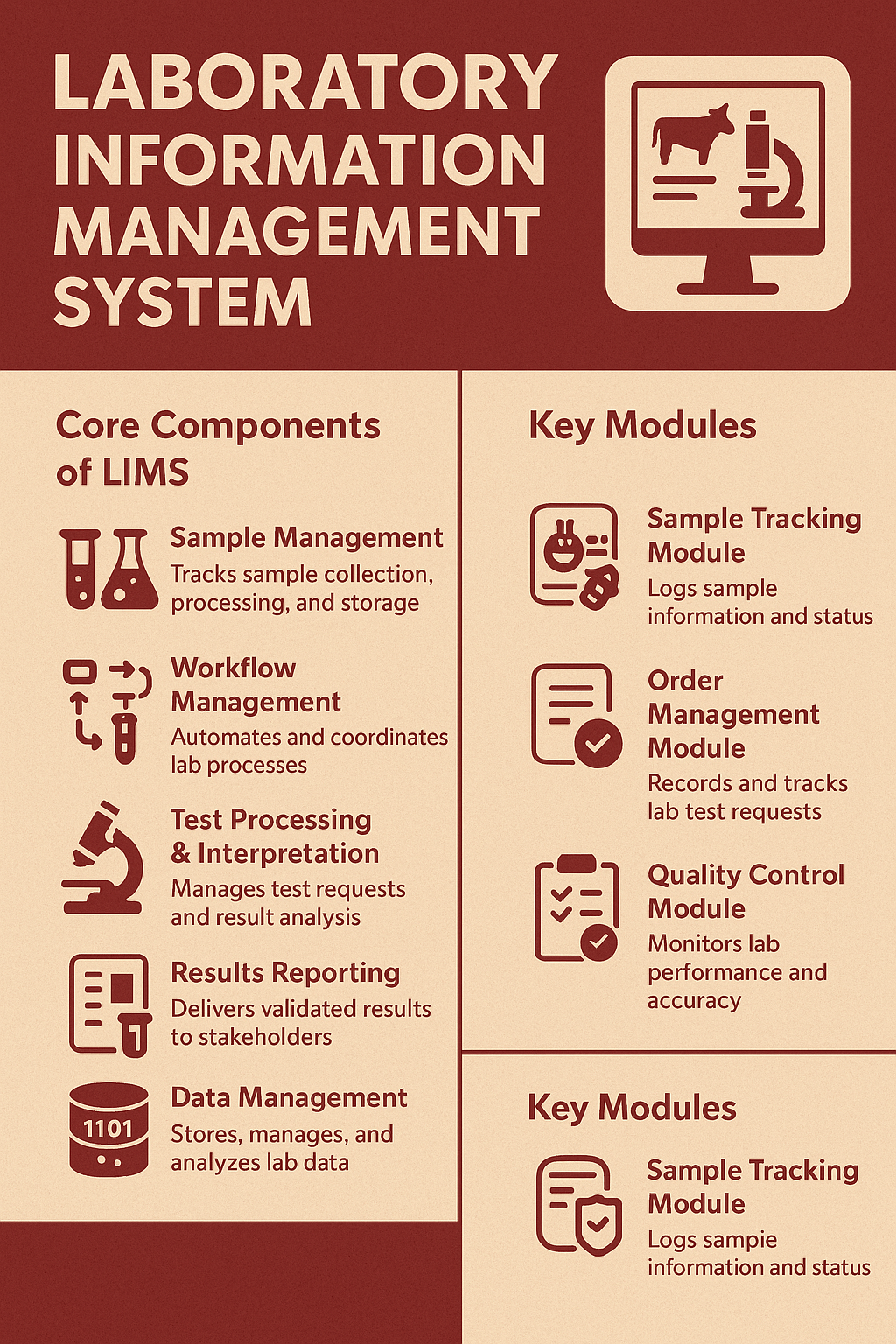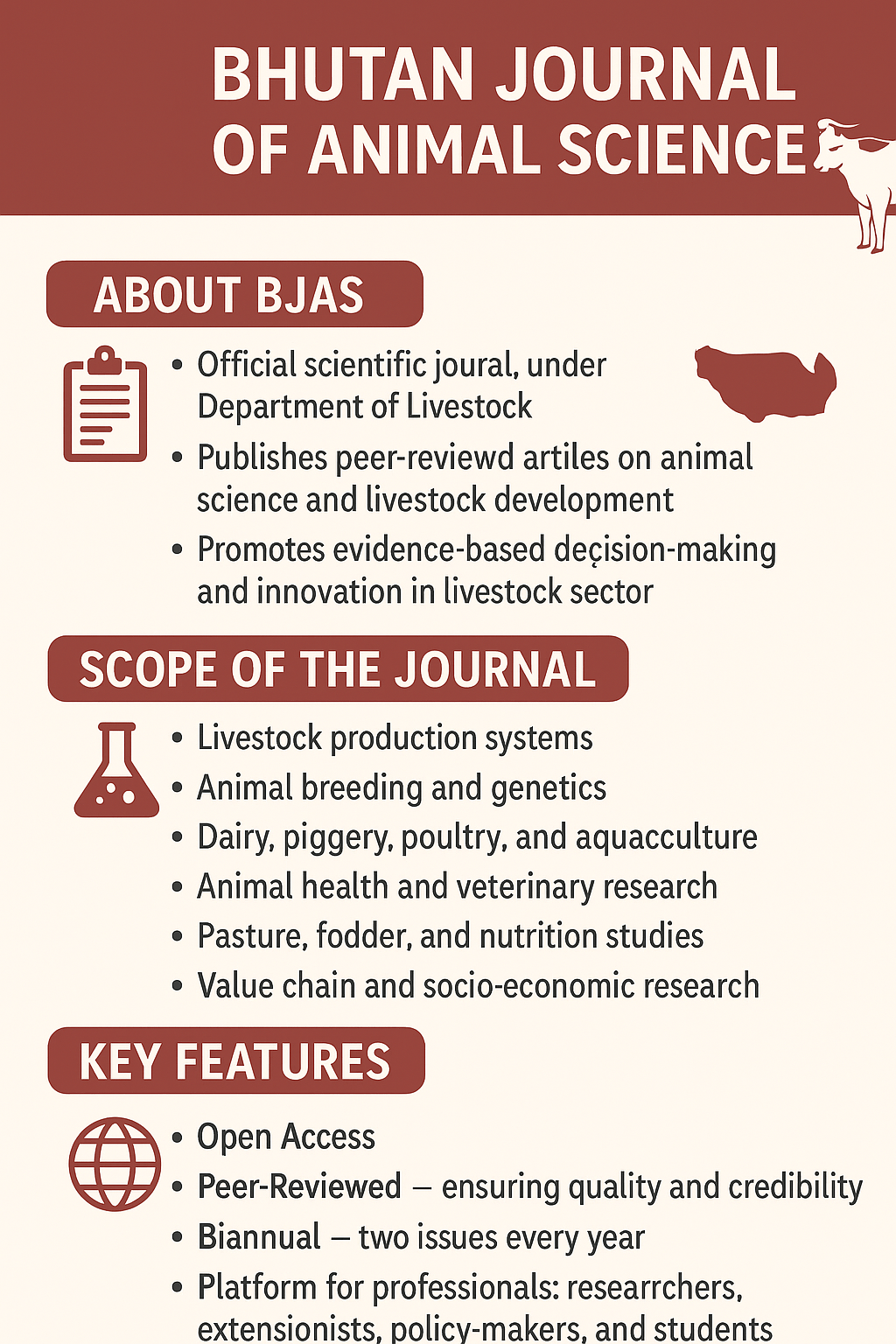The newly received major laboratory equipment sets include Atomic Absorption Spectroscopy (AAS), Gas Chromatography Mass Spectrometry (GC-MS) and Near Infrared Spectroscopy (NIRS) with accessories. To build technical capacity for seamless operation of the advanced laboratory equipment, the two week long demonstration and hands on training is underway starting 18th March, 2024 at NDCAN, Bumthang. The Animal Nutrition Laboratory staff and focal persons from the Livestock Production Division, Department of Livestock are attending the training.
Strengthening capacity in advanced animal nutrition analytical services is essential for promoting animal health, enhancing production efficiency, optimizing costs, ensuring quality control, and fostering research and innovation in the field of animal nutrition. The use of these advanced analytical techniques provides accurate and precise measurements of various nutrients and contaminants in feed samples. This ensures that feed formulations are tailored to meet the specific nutritional requirements of animals. These analytical techniques can detect and quantify contaminants such as heavy metals, pesticides, and other harmful substances in feed samples. This helps in ensuring feed safety and preventing potential health risks to animals.
Two weeks long demonstration and training are facilitated by a qualified Chemist & Service Engineer supported by Shimadzu company representative based in Nepal. With the completion of the training, the center is expected to cater advanced animal nutrition analytical test service and reduce the feed samples referral for similar tests outside the country which in turn will help in curtailing expenditure for availing advanced analytical service hereafter.
Reported by:
![]()


